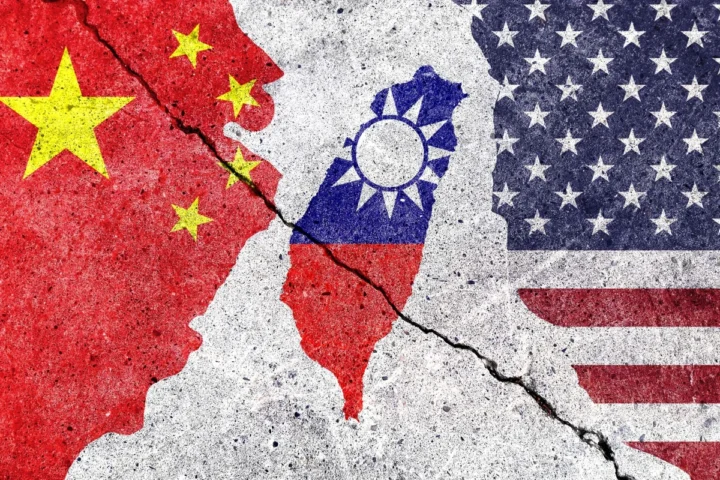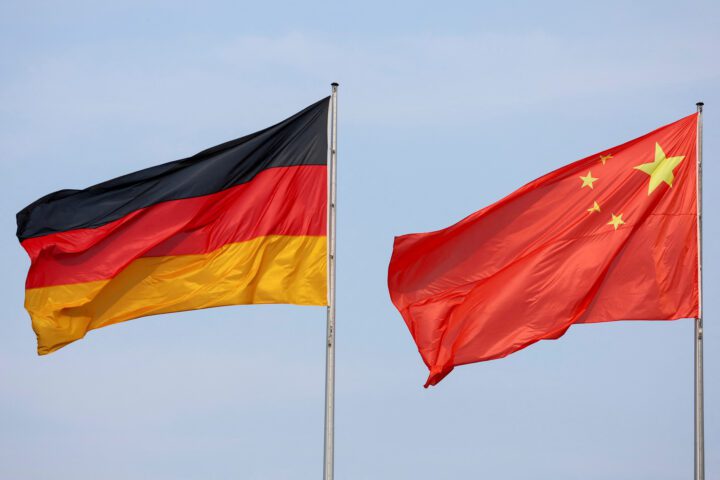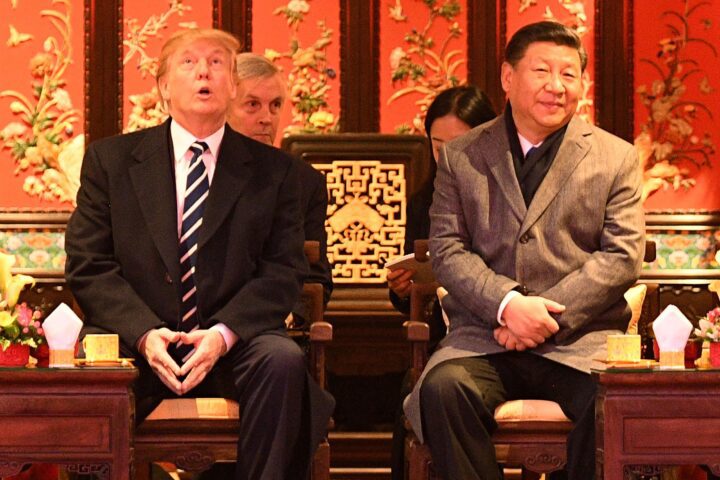South Korea’s finance minister, Hong Nam-Ki, has recently sought to allay concerns about the country’s economic prospects, describing fears of an impending recession as “excessive”. The comments come in the wake of a controversial martial law decree that caused turmoil in the nation’s political landscape earlier this week. However, according to Hong, this development is unlikely to have a lasting impact on the economy or financial markets.
The martial law decree, which was mistakenly announced and swiftly retracted, sparked a flurry of criticism and stirred up fears about the health of the country’s democratic systems. While the political fallout from the incident continues to unfold, Hong’s recent statements suggest that the economic implications will be minimal.
“Sensationalizing such issues can create unnecessary panic,” Hong said in an interview, “The fundamentals of our economy remain strong. The incident is not expected to have a significant effect on our economy or financial markets.”
Hong’s attempt to reassure investors and the public aligns with the government’s broader strategy of promoting optimism about the country’s economic outlook. This proactive approach aims to prevent the public sentiment from spiraling into negativity, which could potentially exacerbate economic woes.
South Korea’s economy, the world’s 10th largest, has been grappling with a slowdown in recent years, driven by a combination of sluggish global demand, ongoing trade tensions with Japan, and structural issues such as an aging population and high household debt levels.
The country’s central bank recently cut its growth forecast for this year to 2.2% from 2.5%, the slowest pace in a decade. However, Hong expressed confidence in the government’s ability to navigate these challenges, pointing to a robust domestic economy and solid export performance as reasons for optimism.
“We are taking all necessary measures to ensure that South Korea’s economy remains resilient and continues to grow,” Hong stated, adding that the government is working on plans to boost domestic demand and support the country’s key export sectors.
Despite the optimism from the finance minister, some experts remain cautious. They argue that the country’s economic challenges are deep-seated and will require more than a positive mindset to overcome.
“The government’s optimism is understandable, but it’s also important to be realistic,” says Choi Sung-jin, an economist at Seoul-based Korea Economic Research Institute. “The ongoing trade tensions with Japan and the structural issues facing our economy are not going to be resolved overnight.”
Time will tell whether Hong’s optimism is warranted, or if the critics are correct in their assessment. Regardless, it is clear that all eyes will be on South Korea’s economy in the coming months, as it grapples with both internal and external challenges.
In the face of these challenges, the finance minister’s confidence can be seen as a valuable asset, a beacon of optimism in uncertain times. But it also serves as a reminder that while words can be reassuring, actions – in the form of sound economic policies and effective governance – will ultimately determine the country’s economic fate.
Hong’s assertion that recession fears are “excessive” may be a much-needed boost of confidence for the public and investors. But the South Korean government must also back up its reassuring words with actions that address the very real challenges facing the country’s economy.







